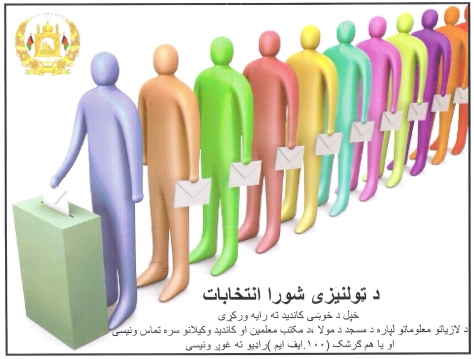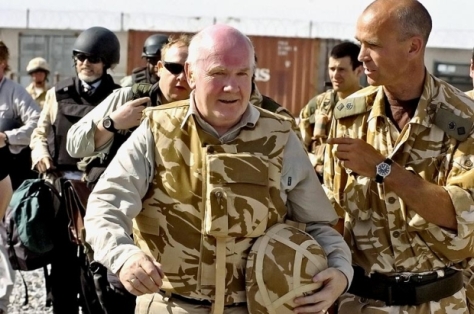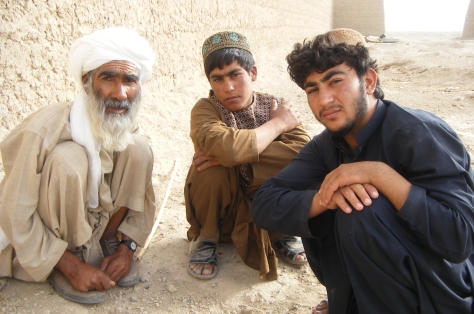
Displacement due to conflict within Afghanistan increased by 40% from 2014 to 2015, and this year could see another increase.
According to an OHCA report published yesterday, about 118,000 people have already fled their homes since the beginning of the year. 1,000 Afghans Flee Fighting Every Day: UN.
In 2009, General Stanley McChrystal observed that “Destroying a home or property jeopardises the livelihood of an entire family – and creates more insurgents.” I certainly saw evidence of this:
“Although Mirajdin invoked Allah in his endeavours to kill British servicemen his was not a Holy War. Mirajdin was a proud Muslim, but not a Jihadist nor even a Talib. He did not fight for reasons of faith or ideology.
Nor was his an intergenerational struggle against a colonial oppressor, even though his forebears had routed the British at the battle of Maiwand. As a wide‑eyed toddler at his grandfather’s knee, Mirajdin had listened in awe to bloody tales of the last stand of the 66th (Berkshire) Regiment of Foot at the Mundabad Ravine, not far from where he now lay.
These stories, passed down the generations by the village spin zhiras, had nothing but praise and admiration for the bravery of the Angrezis who’d fought to the last man in the defence of their Colours. It was said these men, surrounded by thousands, died with their faces to the enemy, fighting to the death and their courage was the wonder of all who saw it.
It was a courage Mirajdin did not recognise in the men who now came to avenge them, hiding as they did in armoured vehicles while raining death and destruction from the sky.
Although Mirajdin, along with many others, was of the firm conviction that the British had returned after 150 years to avenge their ancestors, his own motives for opposing them dated back to a much earlier time. As an Ishaqzai tribesman, Mirajdin fought to resolve an injustice imposed upon his people over two and a half centuries earlier when Ahmed Shah first united the Pashtun clans of Afghanistan and founded the Durrani Dynasty.
Prior to 1747 the Ishaqzai had been the dominant Pashtu tribe in Helmand. Under the Durrani Confederation their fortunes had waned and another tribe, the Barakzai had come to prominence. Loss of power and prestige had resulted in a loss of livestock, many lost their nomadic lifestyle, and some were also deprived of their respected status as warriors.
Impoverished Ishaqzai nomads were forced by circumstance to become farmers and earned the derogatory nickname Sogzai or Vegetable People. Ironically perhaps, the Vegetable People had learned to grow poppy and, under the Taliban, their fortunes had revived.
Mirajdin now fought the British not from religious zeal, or from racial hatred, but because the British, following the fall of the Taliban, had been duped by the Barakzai leadership into supporting their efforts to take control of the opium trade in Helmand. The British, and the Americans before them, had empowered the Barakzai by awarding them lucrative construction and security contracts. In return, the Barakzai had fooled the British into believing their old tribal rivals were insurgents, or Taliban.
In 2006, in the face of Barakzai intimidation, with the unwitting collusion of British troops, Mirajdin’s family had been forced to abandon their home to the north‑east of Gereshk and resettle in less fertile lands outside the green zone. Seen through the lens of a centuries‑old intertribal rivalry, Mirajdin had endured this humiliation as a teenager and had silently vowed to restore his family and his people’s honour. Six years later, lying in the dust beside the road, with pounding heart and trembling fingers, he was just moments from realising his pledge.
If God willed it.
Mirajdin was no more than an accidental insurgent. He fought the British simply because they were his rival’s allies. His forefathers had contested Barakzai domination long before the arrival of the Angrezi kafirs, and his descendants would continue to do so long after they had departed.”
SPIN ZHIRA: Old Man in Helmand is available as an Amazon Kindle e-book
SPIN ZHIRA: Old Man in Helmand is the unauthorised, unvarnished and irreverent story of one man’s midlife crisis on the front line of the most dangerous district in Afghanistan where the locals haven’t forgiven the British for the occupation of 1842 or for the Russian Invasion of 1979. Of course, all infidels look the same so you can’t really tell them apart.

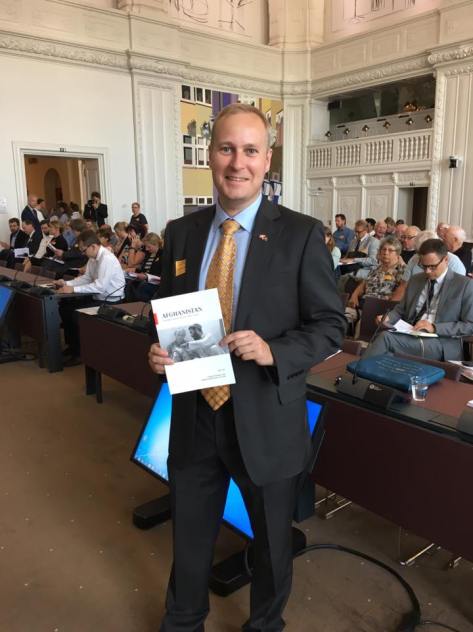
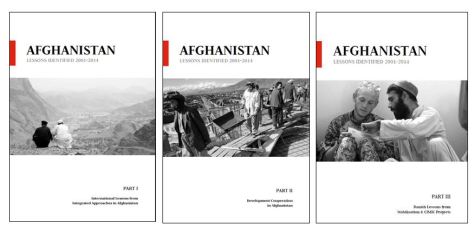
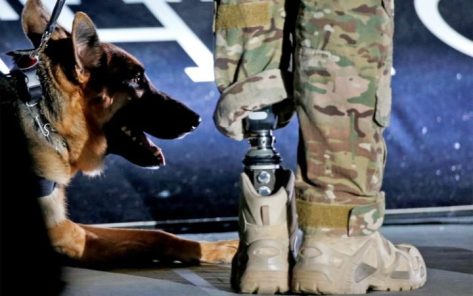

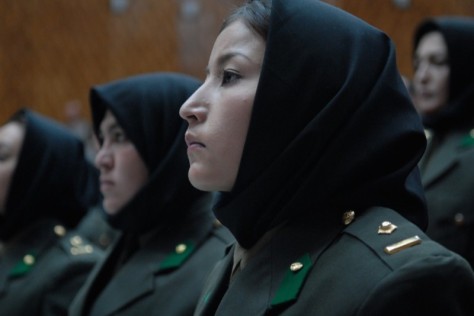
 David Cameron calls Nigeria and Afghanistan ‘fantastically corrupt’ in conversation with the Queen.
David Cameron calls Nigeria and Afghanistan ‘fantastically corrupt’ in conversation with the Queen.